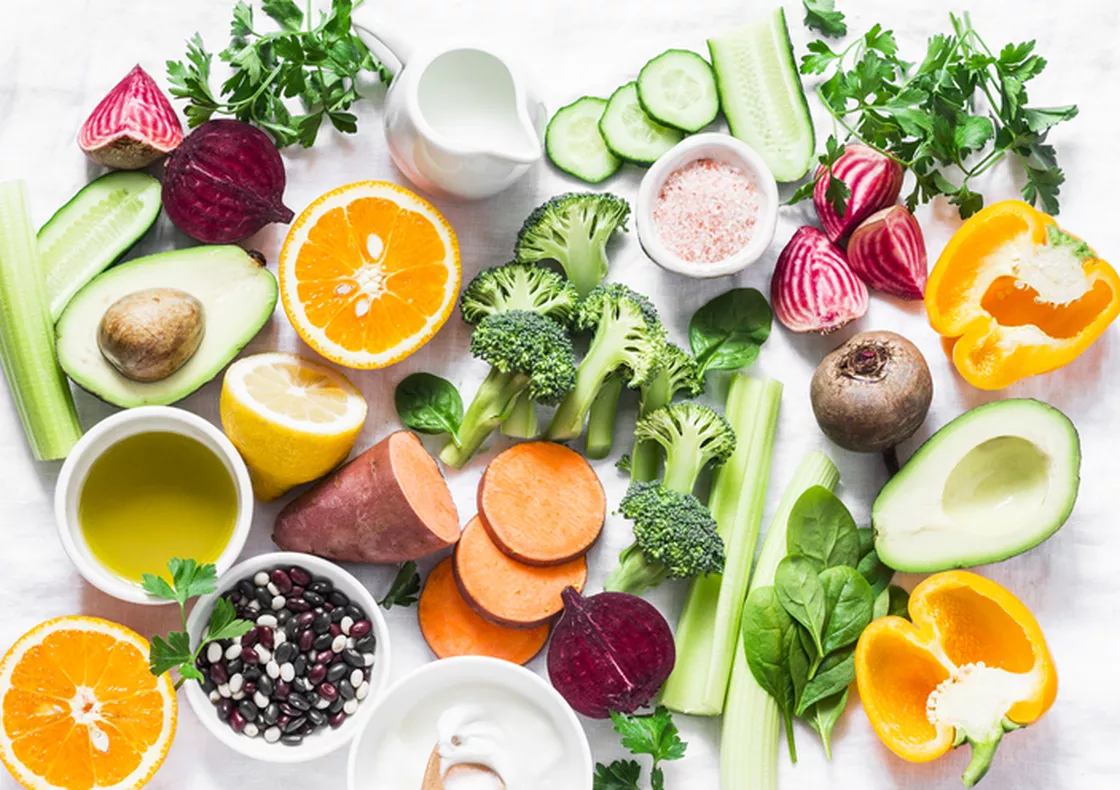What are Antioxidants and Free Radicals?
Antioxidants get plenty of attention thanks to their potential health benefits, like reduced inflammation and anti-ageing effects, but many people don’t understand what they are and how they work. In this blog, we explain what antioxidants are, their relationship with free radicals, and how both of these things affect our health!
Published

So, what are they?
Antioxidants are molecules that help protect your cells from damage, and free radicals are unstable molecules that can cause damage to your cells.
Free radicals are created when your body breaks down food, is under stress or is exposed to environmental toxins (like tobacco smoke). Exposure to free radicals has been linked to an increased risk of illnesses such as heart disease, cancer, and some chronic conditions.
Antioxidants help to neutralise free radicals and may help protect against some of the damage they cause. The media often likes to mention that we can get antioxidants from moderate amounts of coffee, red wine, and dark chocolate, but the best sources are fruits, vegetables, and whole grains.
Can we get antioxidants from our diet?
Yes! The best sources of antioxidants are fruits and vegetables, especially if you're eating a varied mix that are all different bright colours.
Vitamin C is an important antioxidant when it comes to fighting free radicals, citrus fruits, green leafy vegetables, and nuts are all great sources from our diet.
Vitamin E is also a great antioxidant, it's found in vegetable and nut oils, wheat germ, and leafy greens. Click here to read our blog on cooking oils to learn more about how to choose the right one for you!

Are there other ways to boost our intake?
1. Drink green tea, it's rich in antioxidants, including catechins and polyphenols. These substances can help protect against cell damage.
2. Consume moderate amounts of red wine. Red wine contains antioxidants called flavonoids, which may help protect against heart disease and other chronic conditions.
3. Pay attention to how you exercise. Although exercise can help improve circulation, overexertion can potentially increase oxidative stress in the body. Having a snack that's high in antioxidants after exercise could be beneficial to recovery!
Are there supplements that can help?
When it comes to antioxidants, dietary sources are always the gold standard! However, if you're having trouble getting enough nutrients from your diet alone, vitamin C, E, and many other antioxidants can be taken as a supplement.
If you have any questions about antioxidants, please email us at thehub@supplementhub.com and we'll be happy to help!

